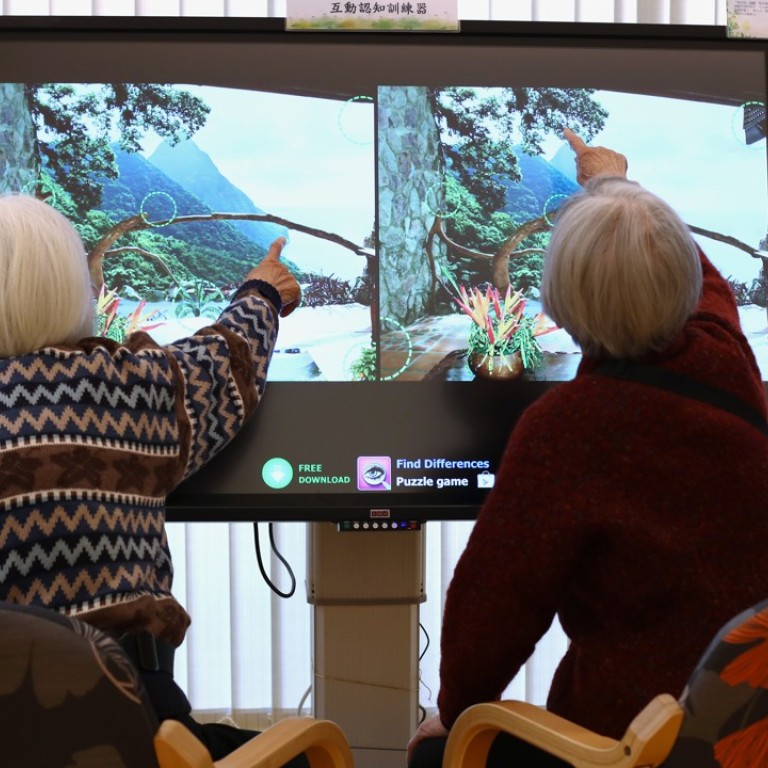
Letters to the Editor, March 1, 2018
Elderly support can often feel like charity
Tax concessions for parental support have been raised, as more than 600,000 taxpayers will enjoy higher allowances for dependent parents and grandparents.
However, as we know, most of the young generation claiming such concessions do not support their parents. And, unless such family support is mandatory, they see this role as just charity towards older family members.
I am an elderly person and, though I have sufficient means of my own, I do appreciate my daughter-in-law’s annual allowance to me in observance of the Chinese tradition.
The increased subsidy ceiling and age limit for the Continuing Education Fund is a welcome move. I believe that more stress should be laid on adult education.
Digital knowledge is a must in today’s world, and adult education on this score, while vitally important, is sometimes lacking.
Hence, free digital services offering training to elderly computer users should be a must.
Peter Wei, Kwun Tong
Separation of waste at source will need push
The campaign comes in the wake of tighter waste import regulations in mainland China.
As of January, Hong Kong can no longer export daily consumer plastic waste and unsorted scrap paper across the border for recycling. Plastics must be 98 per cent pure to be converted into clean pellets and then shipped as raw materials.
This makes “separation at source” by consumers very important. Only three types of paper and two types of plastic waste can go into recycling bins.
Other kinds of paper and plastic waste must be sent to the Green Community Stations to be recycled, not placed in the bins.
I feel busy Hongkongers will need extra encouragement to collect the other kinds of recyclable waste and then drop them off at such stations.
If it takes too much extra effort and is an inconvenience, separation at source may suffer. So the government should put more resources into educating the public to practise clean recycling. Programmes to collect waste from housing estates to be taken to the green stations would also help.
Betsy Choy, Kwai Chung
Tighter scrutiny would ensure helpers’ rights
Though foreign helpers are generally treated well in Hong Kong, recent cases of abuse highlight the need for greater oversight by organisations that fight for the rights of domestic workers, so that they are not exploited by employers or unscrupulous agencies.
Yanice Leung, Kwai Chung
Closer ties with China will be good for Nepal
India and Nepal share a very special relationship, not just cultural but even social and political.
Nationals of Nepal are unique in that they are not subjected to immigration checks in India and are welcome to live and work in any part of the country. The same applies to Indian nationals living in Nepal. However, this arrangement is heavily loaded in Nepal’s favour; up to six million Nepalis reportedly live in India.
With China likely to be set to take over this arrangement, it is good to know that Nepalis may in future expect the same visa-free access and ability to work in any part of China without restriction.
This is really wonderful news. I wish all the best to the blossoming friendship between Nepal and China.
Haresh Khushi, Tsim Sha Tsui
US teachers with guns not the answer
“Highly trained, gun adept, teachers/coaches would solve the problem instantly, before police arrive. Great deterrent!” Trump tweeted.
I do not agree. I don’t think arming teachers can prevent mass shootings. The responsibility of teachers is to educate students, not carry rifles. School guards are the professionals who should be handling firearms.
Rather than arming teachers, more training for school guards could be provided so that they can react appropriately if a gunman is on the loose.
Moreover, it is not more guns but tighter gun control that is needed, in order to prevent such mass shootings.
It is far too easy to get a gun in the US, so much so that more than 33,000 people die in incidents involving firearms every year. The legal age for buying guns should be raised and thorough mental health checks carried out before a sale is made.
Chow Sin Ying, Kwai Chung

